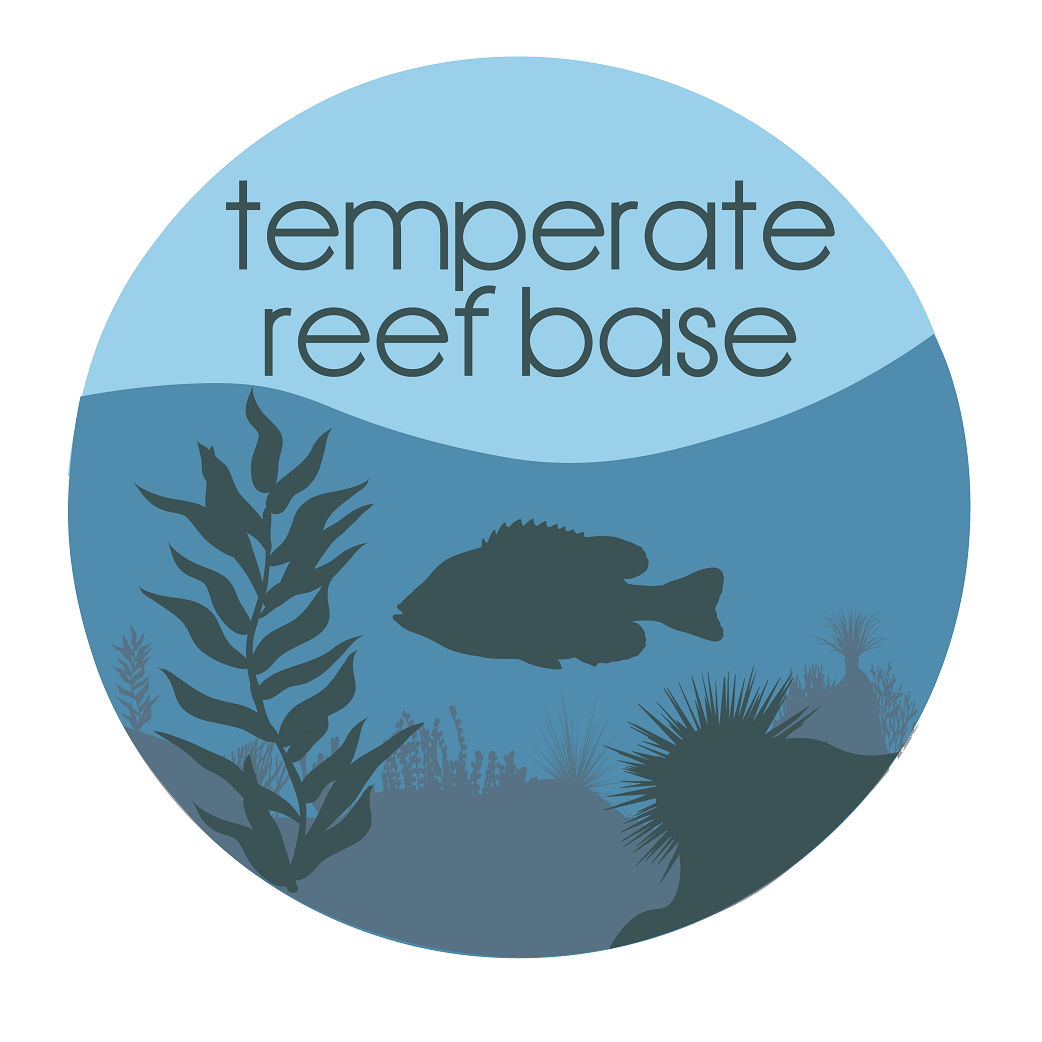MARION ISLAND
Type of resources
Topics
Keywords
Contact for the resource
Provided by
-
This database is a compendium of histories of known age seals (Southern elephant) from observations across the Southern Ocean but focussed on Macquarie Island, Marion Island, Heard Island, Mawson and the Vestfold Hills. At Macquarie Island 1000 seals were weighed per annum between 1993-2003 at birth and individually marked with two plastic flipper tags in the inter-digital webbing of their hind flippers. These tagged seals were weighed again at weaning, when length, girth, fat depth, and flipper measurements were made. Three weeks after weaning 2000 seals were permanently and individually marked by hot-iron branding. Recaptures and re-weighings of these known aged individuals were used to calculate growth and age-specific survival of the seals. Similar data were collected from elephant seals between 1950 and 1965 when seals were individually marked by hot-iron branding. Mark-recapture data from these cohorts were used to assess the demography of the declining population. Length and mass data were also collected for these cohorts and were used, for the first time, to assess the growth of individual seals without killing them. At Marion Island all the elephant seals have been individually marked with two plastic flipper tags in their rear flippers. Recaptures of these seals were used to compare survival at Marion and Macquarie Islands. At Heard Island, seals were branded between 1949-1953. Seal length was measured in feet and inches. Recaptures of seals were made up until 1955, and growth and age-specific survival was calculated. Survival data from Heard Island were compared with concurrent data from Macquarie Island. The database was held by the Australian Antarctic Data Centre, but was taken offline due to maintenance problems. A snapshot of the database was taken in January 2015 and stored in an access database and several csv files. This work was completed as part of ASAC project 90.
-
This database is a compendium of histories of known age seals (Weddell and Southern elephant) from observations across the Southern Ocean but focussed on Macquarie Island, Marion Island, Heard Island, Mawson and the Vestfold Hills. At Macquarie Island 1000 seals were weighed per annum between 1993-2003 at birth and individually marked with two plastic flipper tags in the inter-digital webbing of their hind flippers. These tagged seals were weighed again at weaning, when length, girth, fat depth, and flipper measurements were made. Three weeks after weaning 2000 seals were permanently and individually marked by hot-iron branding. Recaptures and re-weighings of these known aged individuals were used to calculate growth and age-specific survival of the seals. Similar data were collected from elephant seals between 1950 and 1965 when seals were individually marked by hot-iron branding. Mark-recapture data from these cohorts were used to assess the demography of the declining population. Length and mass data were also collected for these cohorts and were used, for the first time, to assess the growth of individual seals without killing them. At Marion Island all the elephant seals have been individually marked with two plastic flipper tags in their rear flippers. Recaptures of these seals were used to compare survival at Marion and Macquarie Islands. At Heard Island, seals were branded between 1949-1953. Seal length was measured in feet and inches. Recaptures of seals were made up until 1955, and growth and age-specific survival was calculated. Survival data from Heard Island were compared with concurrent data from Macquarie Island. The database was held by the Australian Antarctic Data Centre, but was taken offline due to maintenance problems. A snapshot of the database was taken in June 2018 and stored in an access database. This work was completed as part of ASAC project 90.
 TemperateReefBase Geonetwork Catalogue
TemperateReefBase Geonetwork Catalogue